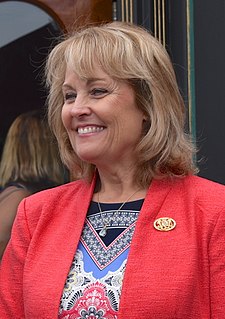A Quote by John F. Kerry
Unlike Washington, which is stuck in ideological gridlock, Americans feel the impact of climate change in their own hometowns and they know something must be done.
Related Quotes
The Caring for Climate initiative is fully aligned with our own explicit commitments, which reflect our respect for society in which we operate, respect for the environment, respect for the future generations. Climate change must be addressed through mutually beneficial collaboration and multi-stakeholder channels to be effective ultimately.
People of conscience in our leadership in Washington have been scared off by the right and the fossil fuel lobbies. They won't even use the term "sustainability" or "climate change" in an energy bill, which is ludicrous on its face. It completely ignores the elephant in the room that we're all dealing with. The average American doesn't even believe climate change is real, they think it's all a hoax.
Despite the international scientific community's consensus on climate change, a small number of critics continue to deny that climate change exists or that humans are causing it. Widely known as climate change "skeptics" or "deniers," these individuals are generally not climate scientists and do not debate the science with the climate scientists.
I know when something is done and when it isn't. There's been times working on movies when they [moviemakers] lock in a release date and so you're stuck to that schedule. But sometimes you're still editing and you feel like you're not really done, but they're sort of releasing the movie anyway - that's kind of depressing.


































